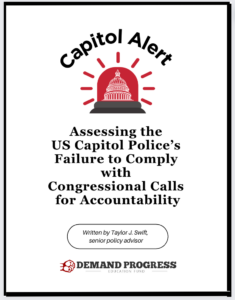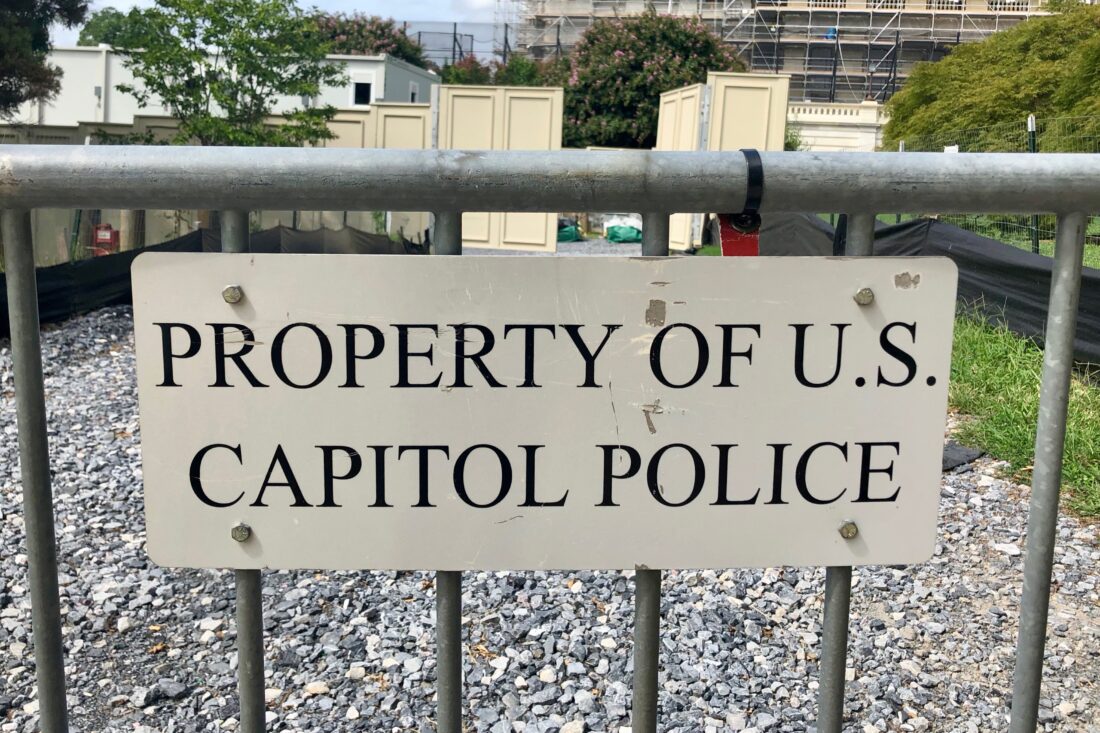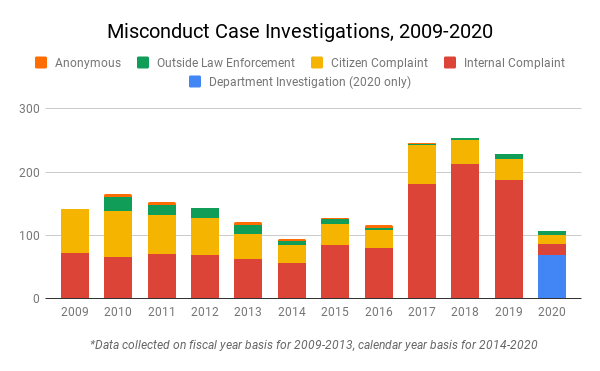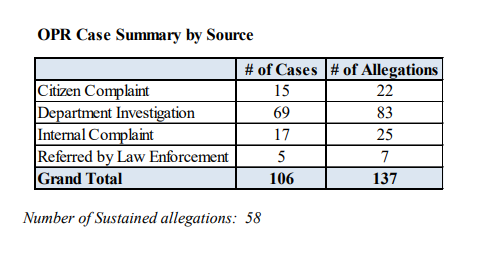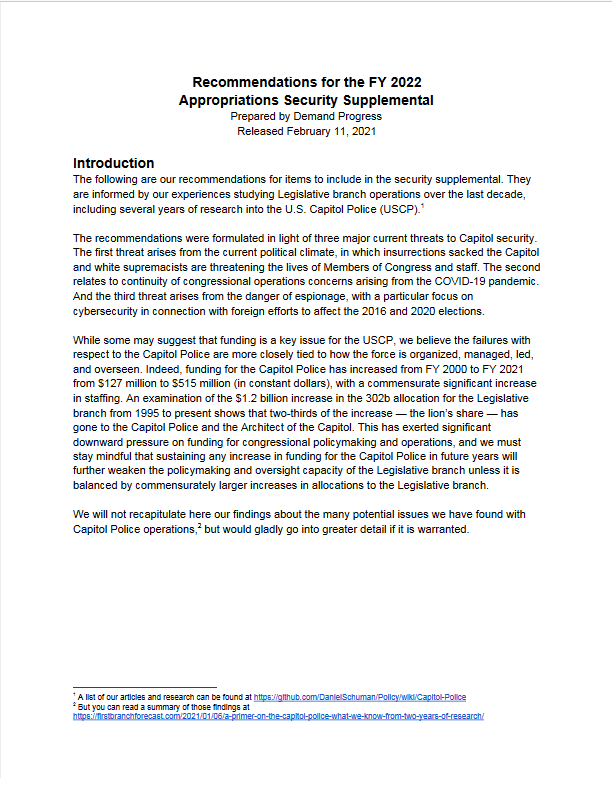Demand Progress Education Fund Releases New Report Card and Recommendations
A new report by Demand Progress Education Fund found that the US Capitol Police (USCP) has either failed to comply with or has slow-walked implementing several reform directives from Congress and recommendations by the Government Accountability Office (GAO), all aimed at improving the agency’s accountability. Demand Progress Education Fund published its analysis, Capitol Alert: Assessing the US Capitol Police’s Compliance with Congressional Calls for Accountability as the Senate Committee on Rules and Administration and the House Committee on House Administration are preparing for the first joint hearing examining the US Capitol Police Board since the 1940s.
“The January 6 attack on the US Capitol tragically demonstrated the urgent need to modernize the US Capitol Police and improve its emergency preparedness, information sharing, and oversight,” said Taylor J. Swift, senior policy advisor at Demand Progress and author of the report. “Capitol Police leadership has kept us in the dark on how they plan to comply with numerous accountability directives from Congress and recommendations from the Government Accountability Office. Given the Capitol Police’s critical role to protect the US Capitol and all who work and visit there, we identified areas where it has made progress and where it has fallen short to help the USCP improve itself and adapt to new threats.”
The Capitol Alert report examines the US Capitol Police and its Board’s structure and disclosure practices, and also assesses whether the USCP has complied with nine congressional directives to the Capitol Police to reform its practices issued between FY 2019-2023 and 11 reform recommendations issued by the Government Accountability Office (GAO) during that same period of time.
Continue reading “US Capitol Police Fails to Comply with Pre- and Post-January 6 Congressional Directives to Reform and GAO Recommendations on Security Preparedness and Training”